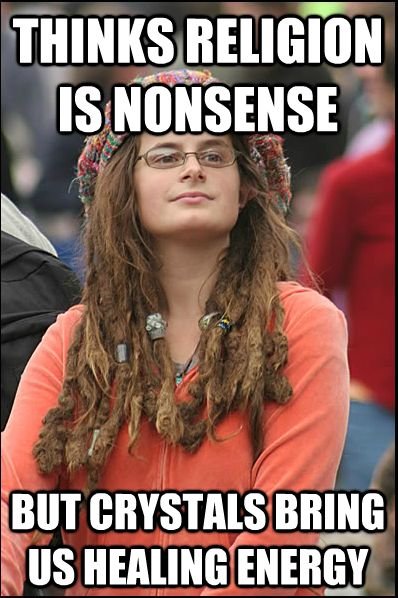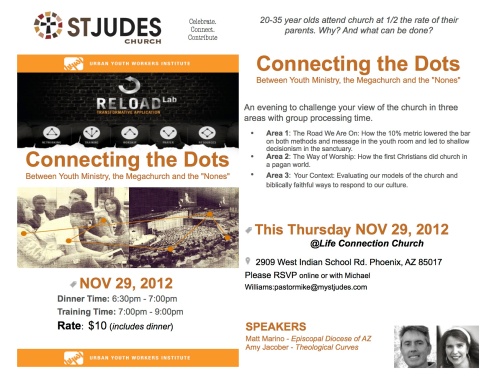
A German Mass during WWII

*A repost from 2013 as I think about contemporary liturgical worship this week.
I came of age outside of the faith. At eighteen God found me. From that day forward, and with a love that was not my own, I have not been able to help but love Jesus back and work for the welfare of others with the overflow of that love. Yet, even with all that love, I am sorry to say, I did not love church. Oh, I liked the idea of church. I liked lots of people at church. But no matter how hard I tried, I just didn’t like church.
At least not until I discovered The Church, as in, the Church historic. In historic Christianity; orthodox, catholic and reformed, I found something larger than I. The Church, described by the Creeds, nourished by the Sacraments, defined by the Scriptures, and led by the Holy Spirit through the 3-fold ministry, is something one can stand lashed to when the storms of life come. I first came to value Christ’s bride when I wandered into an expression of it that immersed me in a different and embodied narrative: the grand story of God’s creation, fall, redemption, and working toward final justice.
Don’t get me wrong, I am indebted to the church of my conversion. The godly men and women of that movement introduced me to faith, fed me on the Scriptures, and challenged me to serve. Now, though, in The Church I am no longer adrift in a world that is a Jesus add-on to a life of my American culture’s creation. In The Church, I am connected to the original eleven “sent-out ones” by touch and by teaching. In the church of my conversion, “The gates of hell,” did, in effect, “prevail against it” from the close of the canon until the Reformation, or maybe the Second Great Awakening, or, for some, the coming of the evangelical explosion of the 1980s.
The Church is rooted in history, unchanging, with worship patterned after that of the earliest Christians. Lancelot Andrewes described The Church of The Great Tradition as bound by “One canon, two testaments, three creeds, four ecumenical councils, over five centuries.” She clarified those creeds in the Reformation. Her lay and clergy were the missionaries of the Awakenings. In this Bride, the Holy Spirit is gloriously alive and balance is maintained in public worship by praying the safe, vetted words of The Church. In The Church, the old theological battles are not forgotten, so they do not need to be refought.
I realized that I could never truly connect with the relevant church simply because it was so like me – feeding me a steady diet of myself: my wants, my preferences, my music. It was all so “relevant.” I came to realize that I actually needed church to be UN-like me: to be transcendent. The Church is unconcerned with “relevance.” It cares not for my preferences. When I ask it to change it grins gently and asks me to change instead. In The Church, when one panics about something and accosts the clergy at the door, the chances are good the priest will say, “We have been in God’s presence in the liturgy. How about we enjoy that for a bit? Call me on Tuesday.”
The Church is maddeningly un-fearful. It is not subject to politics or fads. It does not do focus groups and market research. It is not trying to impress me, win me, or woo me. Instead of bending to my whims, it seeks to conform me to the image of Christ through immersion in patterns: daily in the Scriptures, weekly in Sacramental feeding of the Thanksgiving meal of the family of God, and living out God-time in the Christian Year. As a man of flesh, these patterns marinate me in the Gospel, bringing forth flavors in my life I never imagined.
In church I could write my own wedding vows. In The Church, self-made wedding vows, narcissistic holdovers of the 70’s, are not on the table for discussion. The Church calmly says, “Our job is to be conformed to God’s will and God’s words, not our own, so we will use the vows that have withstood the test of time, thank you.”
Many genuinely love the relevant church. I am sincerely glad for them. But for the growing group for whom church-lite leaves them hungry, for whom the four songs and a sermon liturgy delivered by latte-toting pastors in skinny jeans is holding up as well as a Walmart shirt, there is an alternative. That alternative is one, holy, catholic, and apostolic. It follows a pattern that was old when Justin Martyr described it in his Apology in 150 CE. It is both sacred mystery and deep discipleship, a mystery in which the words and movements all tell a story. And, ultimately, shape lives into the image of Jesus.
A few questions for discussion:
If you are a “relevant church” person, do you love church? Or are you giving up on it? If so, why?
Are you one of the people that goes to an expression of The Church that has a plethora of service options. (One of the Catholic, Anglican, and Orthodox churches that offer services along a continuum from chanted 1700 year old liturgies to modern “relevant” models.) If so, do people move between the service offerings?
Are you in one of growing numbers of modern churches experimenting with ancient liturgies? If so, how is that going?
















